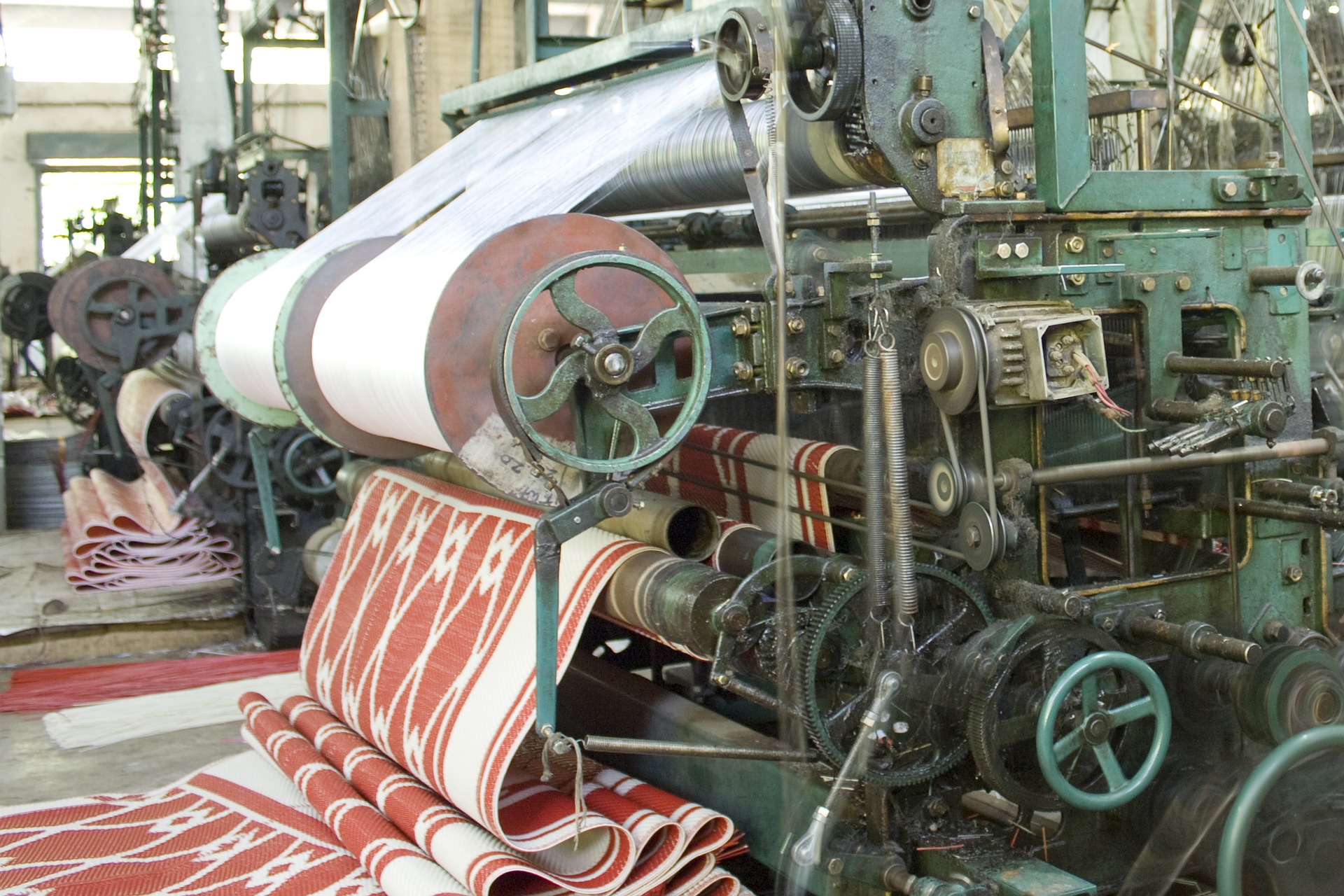It’s expected that the coronavirus will massively impact every part of the global fashion supply chain – but will this be an opportunity for the industry to review and improve the value of each component of the interconnected global supply chain?
COVID 19 has impacted every single part of the fashion supply chain
Pre-coronavirus, the never-ending fast fashion demands drove a supply chain that was struggling to be sustainable, with patchy health and safety regulations, cheaply sourced labour and with eye-watering production levels.
But, as we all know, COVID 19 has changed the world at a terrifying speed. The coronavirus is now affecting every single part of the global fashion supply chain, far beyond profit and stock. As well as revenue streams collapsing due to reduced demand, manufacturing and exports have massively stalled, with unsellable stock piling up across the globe. COVID 19 has far reaching impacts down the chain too. COVID 19 is also impacting garment workers’ livelihoods in global production hub countries such as Bangladesh and Vietnam – putting their livelihood at risk.
Recent figures estimate that the industry damage is likely to be up to $2.5 trillion. It’s true that coronavirus impacts will be massively difficult to absorb and bounce back from. But could this also be an opportunity for all involved to rethink traditional supply chains and their value, resetting damaging practices and areas often an afterthought in the chain?
How can the industry create a better, new normal?
While the coronavirus has wreaked havoc across all supply components, the crisis does present the fashion industry with an opportunity to review, innovate their global value chains. This could create a new, better normal – with greater stability, improved conditions for workers and reduced business vulnerabilities.
There’s no escaping it – future supply chains will look a lot different, but this doesn’t necessarily have to be worse. Brands can respond with:
- More local sourcing. Brands will want to reduce their vulnerabilities when it comes to manufacturing and sourcing of raw materials. Brands will seek to source garment manufacturing locally, helping to remain flexible in terms of stock, demand and ordering. This will help identify and respond to supply chain issues, even if working on a non-on-demand model.
- Smarter supply chain management solutions. Technology such as IoT, AI and 5G will give supply chain managers the tools to understand value chains and respond more efficiently. Across the entire value chain, visibility needs to be increased – allowing brands greater control to act to business challenges and pivot their response accordingly. The pre-coronavirus focus on reducing costs has reduced a fashion brand’s ability to be flexible in different situations– smarter supply chain management will make this easier.
- Essential worker consideration. Traditional global supply chains often worked on cheap labour, essentially often leaving garment workers vulnerable and unsupported. Recent news has reported Bangladesh factories will not be able to pay EID holiday bonuses due to stacked piles of unwanted stock and unpaid orders. If brands are to improve value supply chains, working conditions and worker rights must be respected.
- Better, multilevel policy-making. The coronavirus pandemic highlights how fashion brands and manufacturers must work towards improving international, connected policy-making across supply chains – working towards sustainable industrial development in affected countries. This is especially important if production is to be sourced closer to ‘home’ for many brands, helping to mitigate impacts on those further along in the value chain.
To wrap up
Covid19 has impacted every single part of the value supply chain. Fashion brands and retailers must take this opportunity to review their strategies; assessing how they can make each part of the chain better – for all parties. This is important for their business modelling too – evaluating new risks, leveraging technology and creating better policies have the potential to make supply chains more effective, sustainable and efficient.
Textile Consult is a management and training consultancy operating worldwide. We’re currently working with clients to find the best sustainable solutions in the textile industry. Contact us to find out how we can advise your business on sustainable textile solutions.


